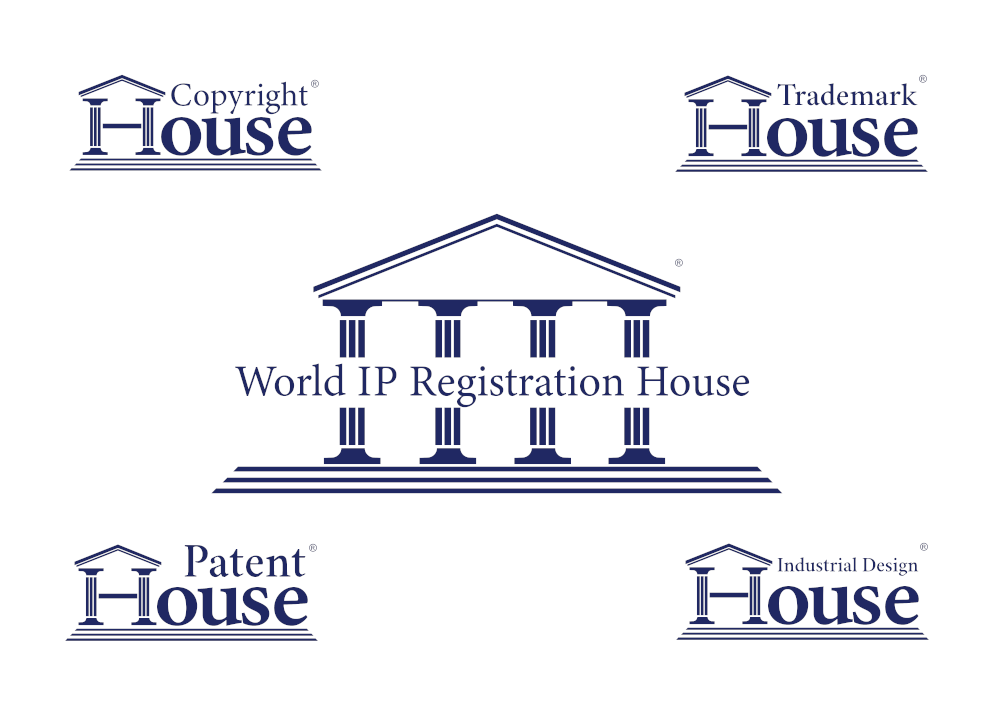Creators of artistic, musical or literary works own the copyright for anything that they have created. This gives them control over the economic rights contained within their copyright.
Some of these rights include distribution rights, reproduction rights, and the ability to publicly perform the work. Translation is also an economic right.
Translations are a form of derivative work which require the copyright holder’s permission. An exception to this is if their copyrights have expired and their work is in the public domain.

If someone translates a piece which is in the public domain, then they can claim copyright ownership for that translated edition.
Things become a little bit more complicated when recent works
(where copyright protection is still in place) are translated.
A copyright holder can commission a translator to translate their work for reproduction in other languages. This would class the translated work as a piece written by an employee, for the original creator. In these cases the copyright of the translated work will remain with the author of the original piece.
The author of the original work will then have their name attributed
to the translated edition as they would the original, and in some cases, the translator may also be credited.
In other cases, it is not required for the translator to be mentioned at all.
This, understandably, raises some issues for translators who want to have their work recognised.
Translators are authors in their own right, by which logic their work should be protected by copyright too – so where should the copyrights for the translated work lie?
The Berne Convention states, in favour of translators’ copyright authorship, that translated works are subject to copyright just as original works are.
In the UK it is common for copyright holders and publishers to work with translation agencies.
Agencies have their own stipulations about copyright, royalties, and ownership under UK laws. This can help to protect the work of translators across the world, while also ensuring that copyright holders receive a translation from an agency-accredited translator.

However, with translated works on the rise in the UK, discussion on fair copyright protection for translators has become more prominent.
Many translators have expressed the wish for translated works to be treated as original expressions, worthy of recognition and a better share of royalty payments.
If you are a translator, then it is important that any agreements with a copyright owner are in written form, ideally signed in the presence of an independent third party.
Disclaimer: The information given on this website does not constitute legal
advice. We recommend that you seek specialist legal advice in accordance with specific circumstances.



